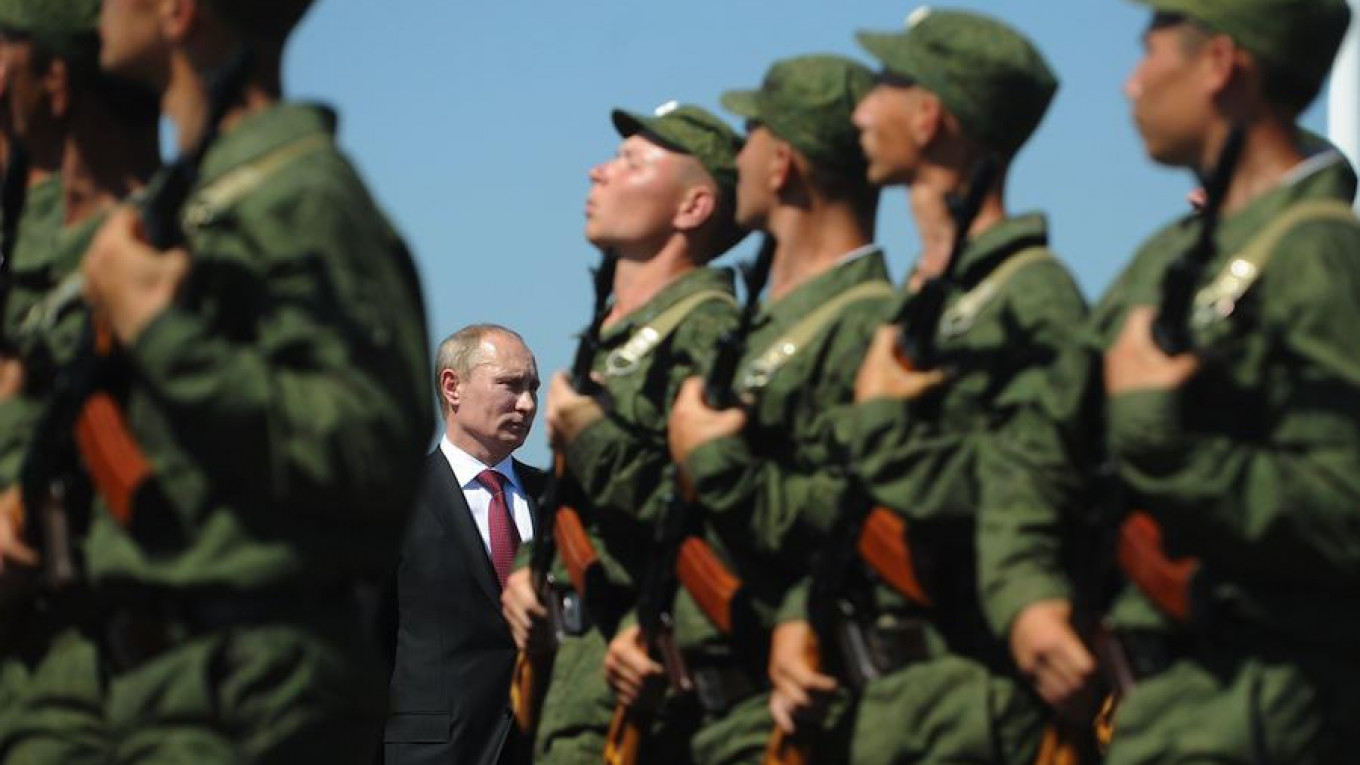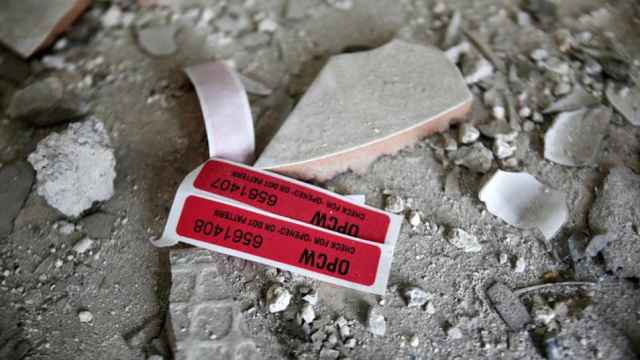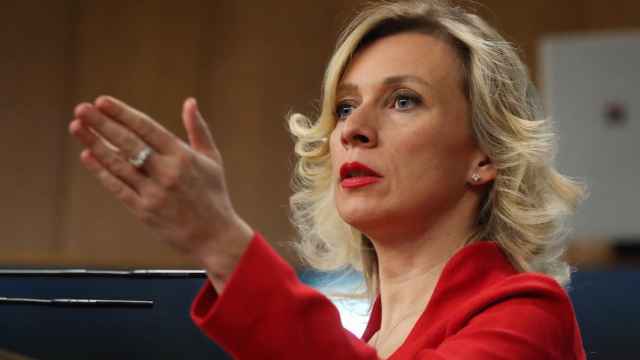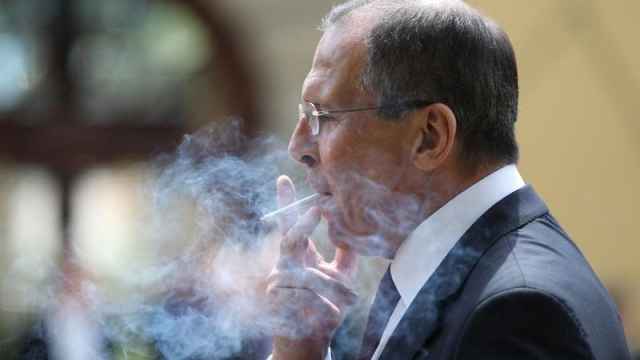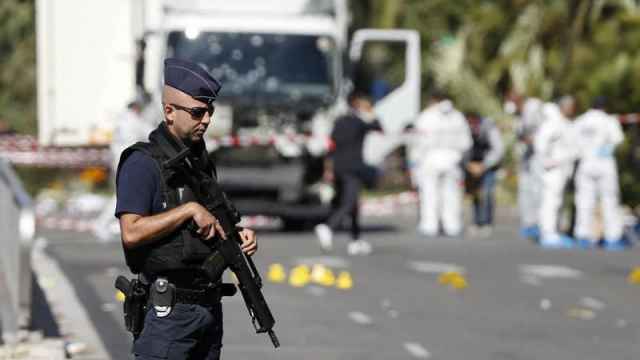On the surface, Russia’s new Foreign Policy Concept is a low key technical document. But if you read between the lines, it contains significant changes to Russia’s approach to international affairs and emphasizes a growing willingness to use force to achieve the Kremlin’s goals.
The official purpose of the Concept, signed by President Vladimir Putin last week, is to account for the changes in Russia’s external environment and government policies since the release of the previous version in early 2013 — well before Moscow’s plunge into confrontation with the West over Ukraine and Syria. Like previous versions, the new Concept is not meant to be taken literally. Actual Russian policies will be developed situationally, more often reacting to, and increasingly pre-empting, the moves by other international players. The 2016 doctrine provides a broad conceptual framework that reveals key underlying policy assumptions and the foreign policy tools to be employed in pursuit of Russia’s objectives.
Several important changes stand out.
Russian foreign policy is now largely focused on status projection. Although status projection still ranks a notch lower than the traditional foreign policy goals of ensuring state security and creating a favorable external environment for Russia’s economy, strengthening Russia’s position as one of the key global decision makers ("centers of power") permeates the entire document. It is now clearly the most important strategic driver of Russian foreign policy.
Whatever Moscow is doing internationally these days — whether providing support for separatists in eastern Ukraine, putting down the rebellion against Bashar Assad’s rule in Syria (and killing some jihadi terrorists in the process), or staging provocative military theatrics on the borders of NATO — the overarching objective is to elevate Russia’s status in the international hierarchy of power, securing it a seat at the exclusive table where all major international decisions are made.
Russia views itself as a rising power and portrays the Western reaction to its assertive actions abroad as a strategy to contain Russia’s rise. The underlying policy assumption for this is that the West is in an inexorable decline. Its attempts to deny other rising powers (Moscow views itself only on a par with China) their rightful place and say in the world are destabilizing, necessitating a forceful push back. The struggle to determine the key parameters of the new international system, the Concept argues, is the most important international battle of our time, and the use of military force is gaining importance as a the weapon of choice in this fight. However, the Concept lacks specifics as to how this new world order should look and what rules Moscow is proposing. The Kremlin craves respect, but has a vague, contradictory idea of what that should look like.
The Concept codifies the most radical innovation in Russia’s foreign policy in the past three years: the recognition that military force, if used wisely, can help achieve strategic foreign policy objectives when other foreign policy tools have failed. The previous Concept argued strongly against the use of force in international affairs, seeking to contain the US penchant for military unilateralism. The new document echoes similar pro-force language in Russia’s new National Security Doctrine of December 31, 2015. In Ukraine, many believe that Russian military force stopped NATO’s enlargement in the former Soviet Union and may yet bring the West to negotiate with Russia on the new European security order.
In Syria, the use of force breached Russia’s international isolation, underscored its role as a global power, and blocked, it is assumed, Western plans to overthrow Bashar Assad’s government in another color revolution.
Russia is no longer gun-shy. It is gung-ho. The ability of Russia’s political system to order the use of force on short notice, without public debate and with a high tolerance for casualties, is now viewed as Russia’s competitive advantage over the West. Military force, and the threat of it, becomes Moscow’s most effective foreign policy tool that compensates for the country’s soft power deficit.
It is no coincidence that Russia wants the fight against "international terrorism" to become the new organizing principle of international politics. This is where Russia, in its eagerness to project force, has strong cards to play. Calls for an international anti-terrorist coalition to defeat ISIS is Russia’s ticket to global leadership.
The Concept is peppered with references to the importance of international law, the rules-based international order, and the need to strengthen the role of the United Nations as the only legitimate decision-making center in the international system. It warns against Western efforts to «reinterpret» some international norms, including human rights, to justify unilateralism. But Russia’s second most important foreign policy innovation since 2014 has been its increasingly instrumental application of international law tailored to Russian interests. Moscow rails against Western claims of the "responsibility to protect" to justify military intervention in Libya and Syria, but invokes the same international norm to justify its intervention in Crimea and eastern Ukraine. It wants a powerful and effective UN Security Council, but used its veto there six times to block international efforts to stop the bloodshed in Syria or to punish perpetrators of war crimes. It appears that the Russian leadership wants international law to apply to everyone else but Russia.
The Concept makes it clear that Russia wants few constraints on its international actions, even those that come from enduring alliances. It savors the benefits of an appearing to be an unhinged, unpredictable power, guided by self-interest. Russia is not looking to deliver global goods. In foreign policy, Russia walks alone.
A Message from The Moscow Times:
Dear readers,
We are facing unprecedented challenges. Russia's Prosecutor General's Office has designated The Moscow Times as an "undesirable" organization, criminalizing our work and putting our staff at risk of prosecution. This follows our earlier unjust labeling as a "foreign agent."
These actions are direct attempts to silence independent journalism in Russia. The authorities claim our work "discredits the decisions of the Russian leadership." We see things differently: we strive to provide accurate, unbiased reporting on Russia.
We, the journalists of The Moscow Times, refuse to be silenced. But to continue our work, we need your help.
Your support, no matter how small, makes a world of difference. If you can, please support us monthly starting from just $2. It's quick to set up, and every contribution makes a significant impact.
By supporting The Moscow Times, you're defending open, independent journalism in the face of repression. Thank you for standing with us.
Remind me later.



